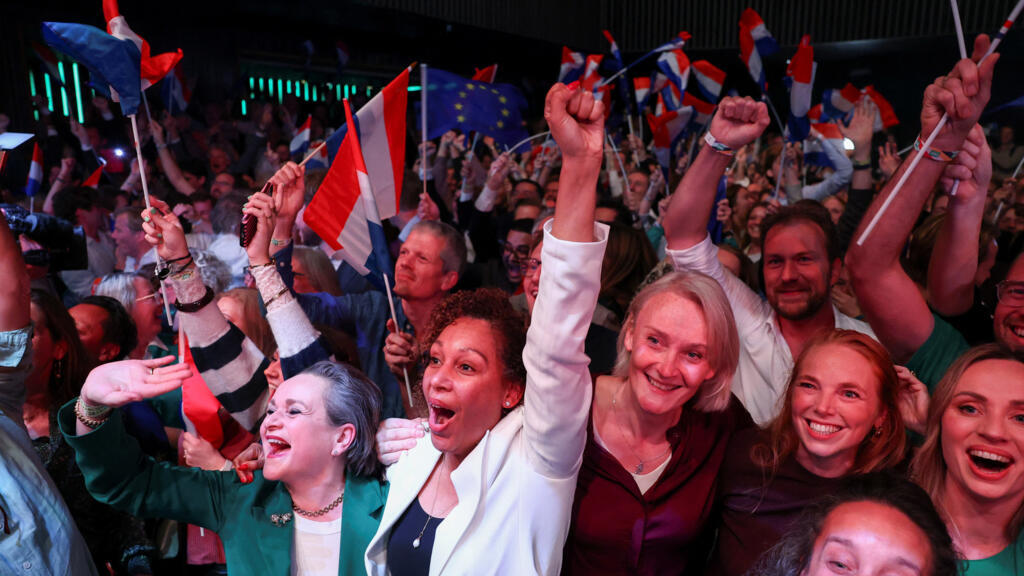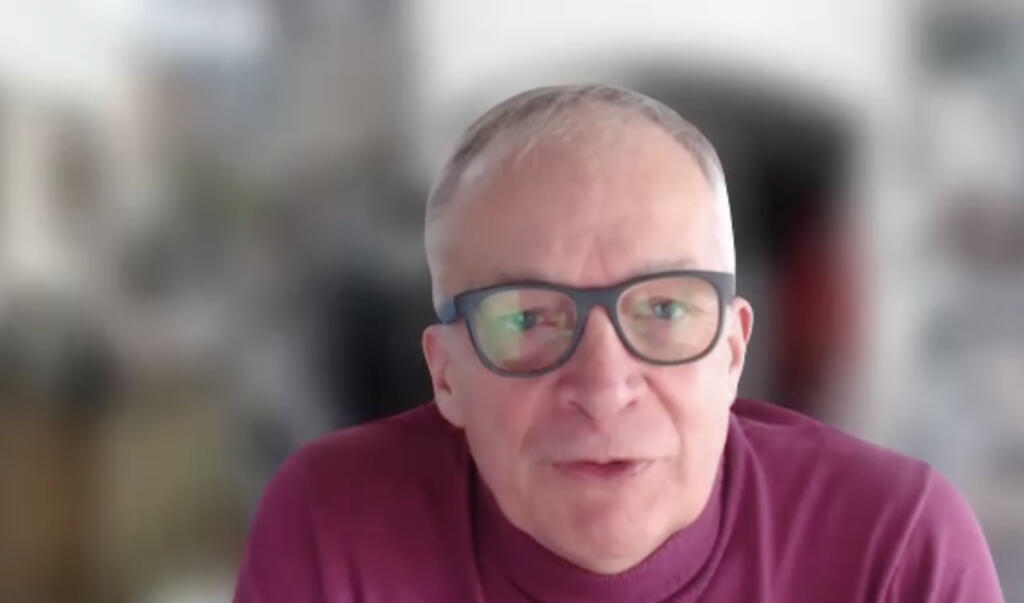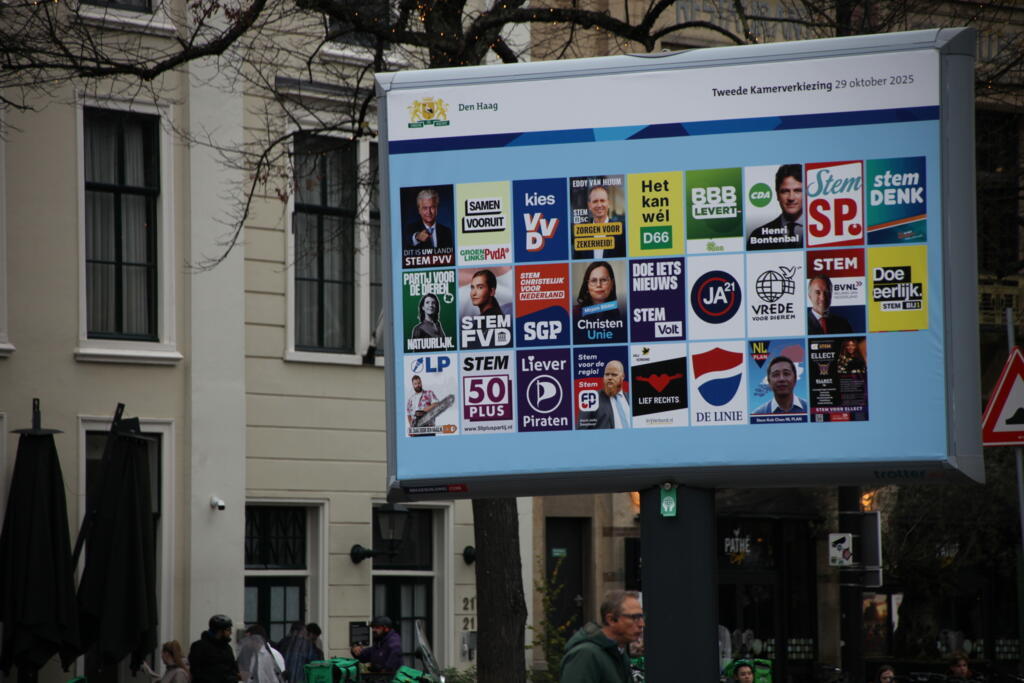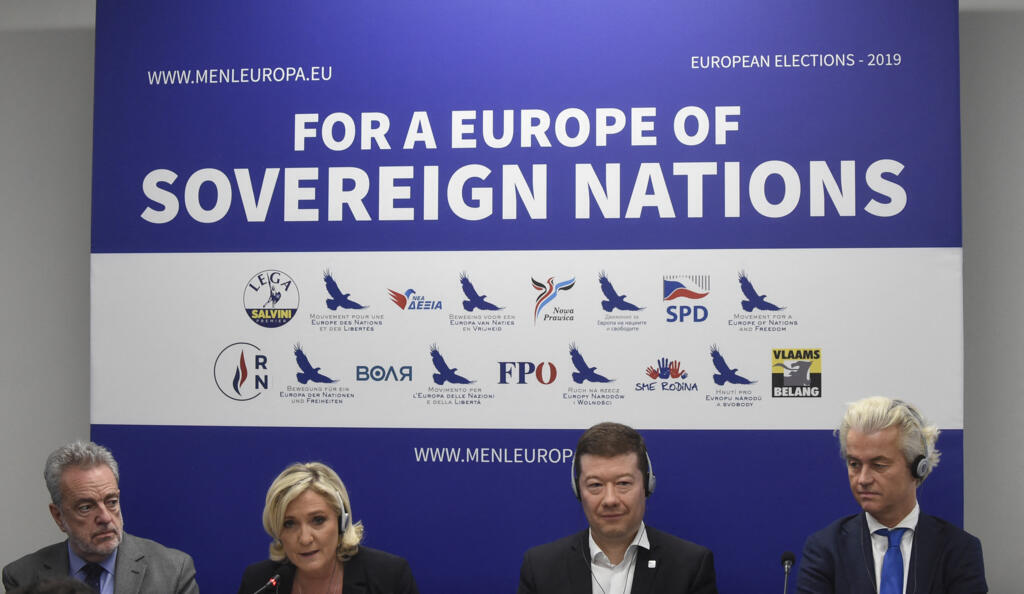
With 99 per cent of votes counted, the Dutch election has ended in a dead heat between D66 and Geert Wilders’ PVV. Leiden University professor Bernard Steunenberg says the result signals a return to the political centre and indicates that voters are seeking practical solutions, both at home and across Europe. At the same time, he cautions that even if the PVV suffers significant losses, this does not mean the far right has been defeated.
RFI: Could you first give your reaction to the election results?
BS: It completely changes the political landscape in the Netherlands. It seems that parties in the middle of the political spectrum have either gained ground or at least not lost any, while the Wilders party - which has been quite dominant over the past two years - is losing a substantial number of seats, even though it remains one of the larger parties in the country.
RFI: What is the next step?
BS: Parliament will appoint a person to explore possible options for forming a new government. However, the number of scenarios is fairly limited, as some of the parties that performed well in these elections have already ruled out working with the PVV.
Wilders was responsible for the previous government’s downfall, and these parties are unwilling to collaborate again with his right‑wing movement. As a result, there are four main coalition possibilities - broadly along centre‑left and centre‑right lines - unless a very broad coalition of multiple parties from either side is formed.

Talks among party leaders will start immediately to determine who is willing to cooperate in forming the next government.
RFI: How likely is it that parties which pledged not to cooperate with Wilders might change their position if coalition talks drag on?
BS:It’s not going to happen. Many of those party leaders have worked with Wilders before. The PVV is essentially a one‑man party, and that has not gone well in the past - twice, in fact. Over the past year, there was constant quarrelling and little progress in addressing the many problems the Netherlands faces.
Centrist D66 narrowly leads far-right PVV in knife-edge Dutch vote, exit polls show
Wilders continues to focus relentlessly on a single issue - halting migration abruptly. None of the other parties view this as a credible or comprehensive agenda that addresses broader challenges such as the environment, nitrogen pollution, affordable housing or healthcare. None of these issues were effectively tackled by the previous government, in which Wilders played a prominent role.

RFI: Whoever wins, the margin will be slim. It also represents a major setback for the far right, at least for this particular party. From a European perspective, how do you interpret the result?
BS: It is not an election about Europe, but in addressing some of the issues mentioned above, - it is necessary to work together with other countries. Europe is a partner in taking steps in a direction that also benefits the Netherlands.
RFI: What message do you think this result sends to France’s Rassemblement National, Marine Le Pen’s far‑right party, which has close ties with Wilders? And do you think French voters will take note?
BS: It shows that right‑wing parties can also lose. There has been a sense that the growth of right‑wing movements reflecting populist views was unstoppable.
This outcome shows that another direction is possible, but it all depends on the agenda offered to voters.

It suggests that a positive, forward‑looking programme addressing a wider range of issues than just immigration is likely to appeal to more citizens than a narrow one claiming that migration is the source of all problems.
RFI: Across Europe, far‑right forces have been aligning more closely, boosted in part by the US "Make America Great Again" movement. In that context, how do you explain Wilders’ setback?
BS: It’s linked to a slightly different phenomenon. You said that the far right lost. That’s not entirely true. It’s fragmented again. As in other countries, the right‑wing, like the left, is not a coherent bloc but a mix of different parties.
From Washington to Warsaw: how MAGA influence is reshaping Europe’s far right
In the Netherlands, at least four or five parties occupy that corner of the spectrum. If you add up their votes, their combined share is roughly the same as last time. The left, on the other hand, has become smaller compared to twenty years ago.
What we’re seeing is a shift towards a different outlook, notably how to tackle social and economic issues that matter to voters. That’s the main development and, perhaps, the main success of this election: citizens increasingly realise that a narrow, negative agenda doesn’t help to solve real problems.
RFI: So if the far right is fragmented, where do the fault lines lie? Why can’t they unite?
BS: Because there’s no coherent agenda. Wilders focuses almost entirely on migration. In recent debates, he’s twisted nearly every issue - housing, public health, purchasing power — back to immigration. Yet environmental issues, for example, have nothing to do with migration but with polluting industries.
Other right‑wing parties, such as JA21, promote a milder environmental policy and take differing positions on migration. There are many nuances on the right, just as on the left, which makes collaboration difficult.
RFI: Do you see parallels between the Dutch result and developments in other EU member states?
Not many. I wouldn’t even call the German results a “victory for the centre,” given the recent surge of the Alternative für Deutschland. It’s not comparable to what we’re seeing in the Netherlands.
In the Netherlands, there’s a clear return to the centre and a step away from the extremes. Whether that marks the beginning of a broader European trend is difficult to say but it’s certainly a positive sign for now.







